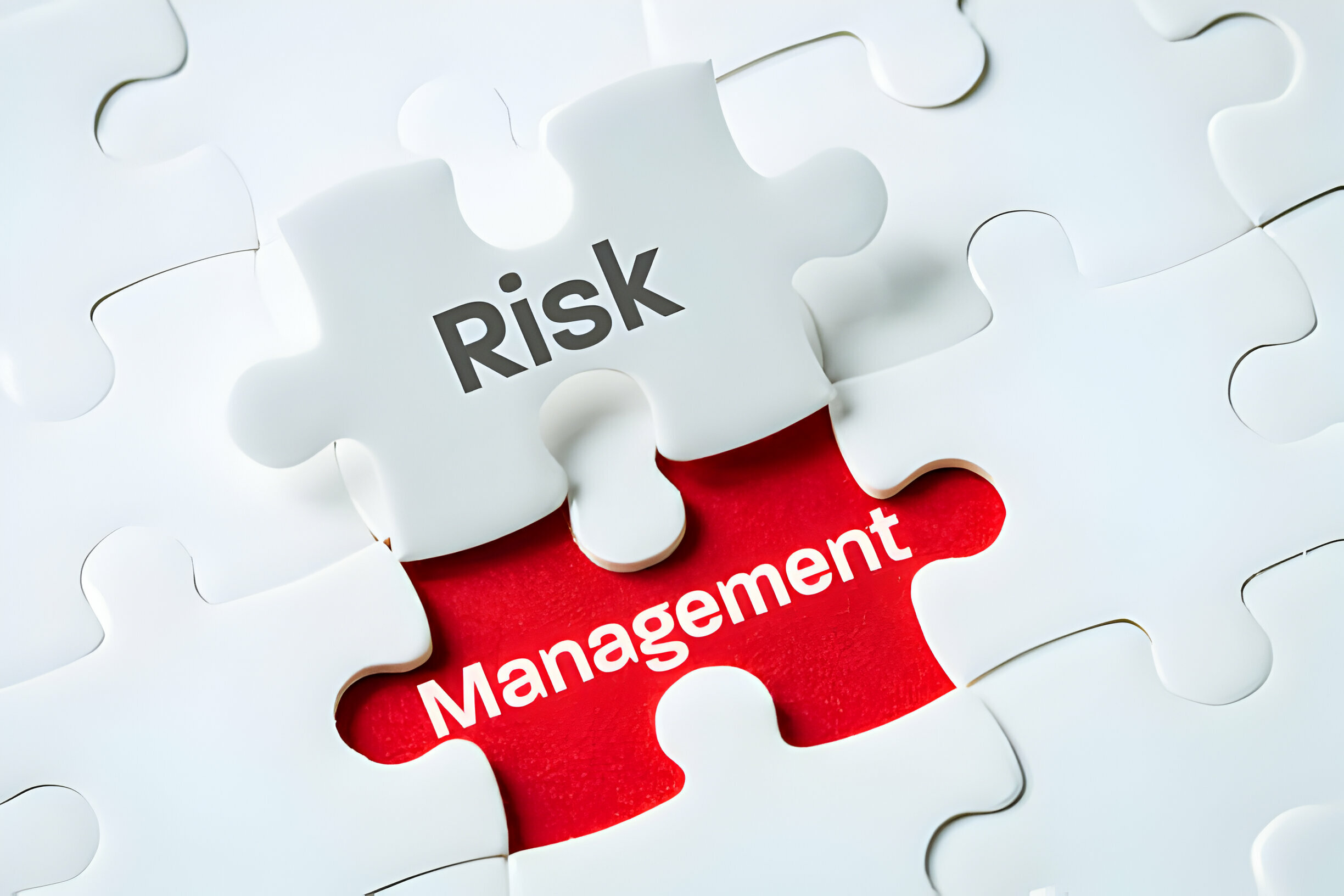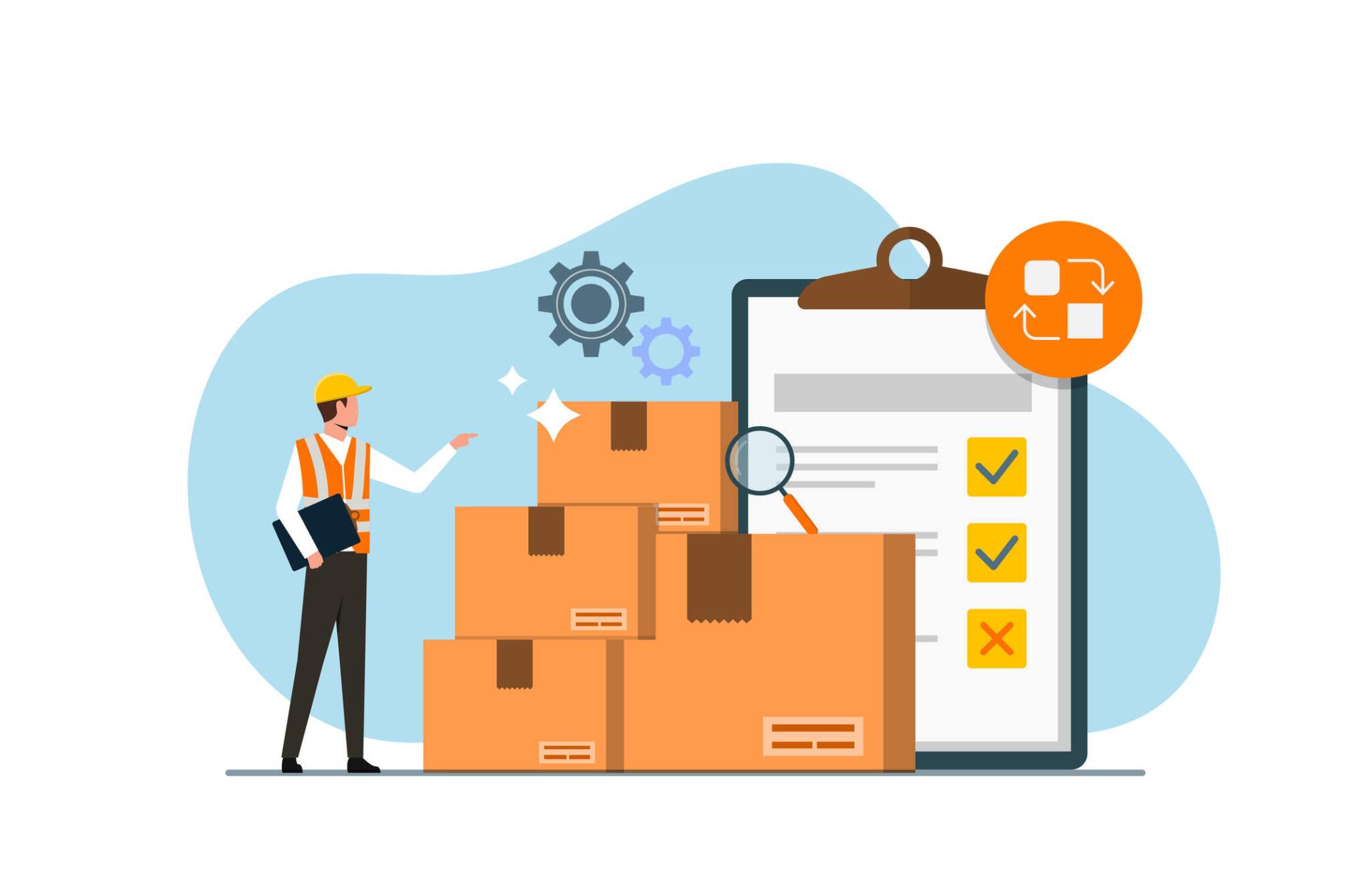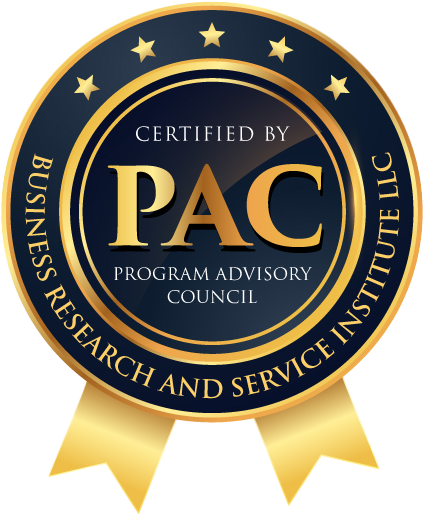Supplier assessments play a crucial role in the success of any business. Whether you’re a small startup or a large corporation, choosing the right suppliers can significantly impact your operations and bottom line. However, navigating the process of supplier selection and evaluation can be daunting.
To help you master supplier assessments, here are seven essential tips to consider.
1. Define Your Criteria
Before diving into supplier assessments, it’s essential to define your criteria for evaluation. Consider what matters most to your business, whether it’s cost, quality, reliability, or ethical considerations. By clearly outlining your requirements, you can streamline the selection process and ensure that you’re focusing on what truly matters.
2. Conduct Thorough Research
Once you’ve established your criteria, it’s time to conduct thorough research on potential suppliers. Utilize a variety of resources, including online databases, industry reports, and referrals, to gather information about their reputation, capabilities, and financial stability. Don’t hesitate to perform background checks and due diligence to verify their credentials.
3. Evaluate Supplier Performance
Supplier performance should be evaluated regularly to ensure that they’re meeting your expectations. Implement key performance indicators (KPIs) to measure metrics such as delivery times, product quality, and customer service. By monitoring performance consistently, you can identify any issues early on and address them promptly.
4. Communicate Clearly
Effective communication is key to successful supplier relationships. Establish clear expectations from the outset and maintain open channels of communication throughout the partnership. Be proactive in addressing any concerns or issues that arise, and encourage feedback from your suppliers to foster a collaborative environment.
5. Consider Risk Management

Assessing and managing risks associated with suppliers is critical to safeguarding your business interests. Identify potential risks, such as supply chain disruptions or quality issues, and develop strategies to mitigate them effectively. This may involve diversifying your supplier base or implementing contingency plans to minimize the impact of unforeseen events.
6. Build Strong Relationships
Building strong relationships with your suppliers is essential for long-term success. Take the time to nurture these partnerships by fostering trust, transparency, and mutual respect. Collaborate with suppliers to identify opportunities for innovation and continuous improvement, and recognize their contributions to your business’s success.
7. Continuously Improve
Supplier assessments should be viewed as an ongoing process rather than a one-time event. Embrace a culture of continuous improvement by soliciting stakeholder feedback and actively seeking ways to enhance your supplier relationships. Stay informed about industry trends and best practices, and be willing to adapt your strategies as needed.
Conclusion
Mastering supplier assessments requires careful planning, effective communication, and a commitment to continuous improvement. Following these seven tips, you can streamline the supplier selection process, mitigate risks, and build strong, mutually beneficial relationships with your suppliers. Regularly evaluate your supplier performance and adapt your strategies to evolving business needs.
Related : Emerging Trends in Supply Chain Management
FAQs (Frequently Asked Questions)
What are supplier assessments?
Supplier assessments involve evaluating potential and existing suppliers based on criteria such as quality, reliability, and cost-effectiveness to ensure they meet the needs of a business.
How often should supplier assessments be conducted?
Supplier assessments should be conducted regularly, with the frequency depending on factors such as the industry, the complexity of the supply chain, and the level of risk involved.
What are some common challenges in supplier assessments?
Common challenges in supplier assessments include gathering accurate information, managing supplier relationships, and mitigating risks associated with supply chain disruptions.
How can small businesses benefit from supplier assessments?
Small businesses can benefit from supplier assessments by ensuring they choose reliable and cost-effective suppliers, thereby improving operational efficiency and reducing risks.
Is it possible to outsource supplier assessments?
Yes, it is possible to outsource supplier assessments to third-party companies that specialize in supplier evaluation and management. This can help businesses streamline the process and access specialized expertise.

Aftab Khan is a logistics specialist with over forty years of experience in all aspects of supply chain and logistics management. He is an engineer by training and holds an MBA, besides several certifications from APICS/ASCM, ISCEA, and BRASI. Mr. Khan is the Executive Director of Business Research and Service Institute LLC, USA.
- Aftab Khan#molongui-disabled-link








